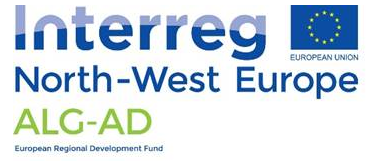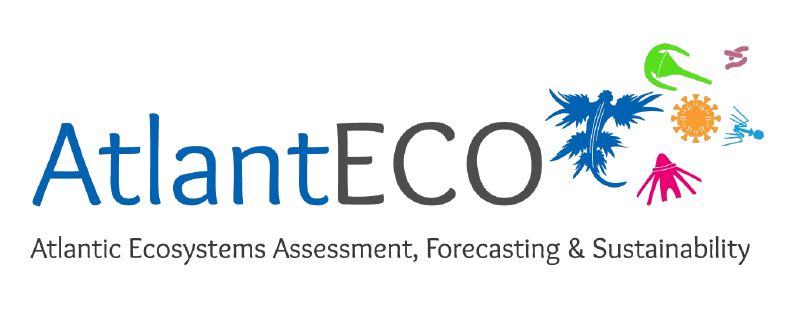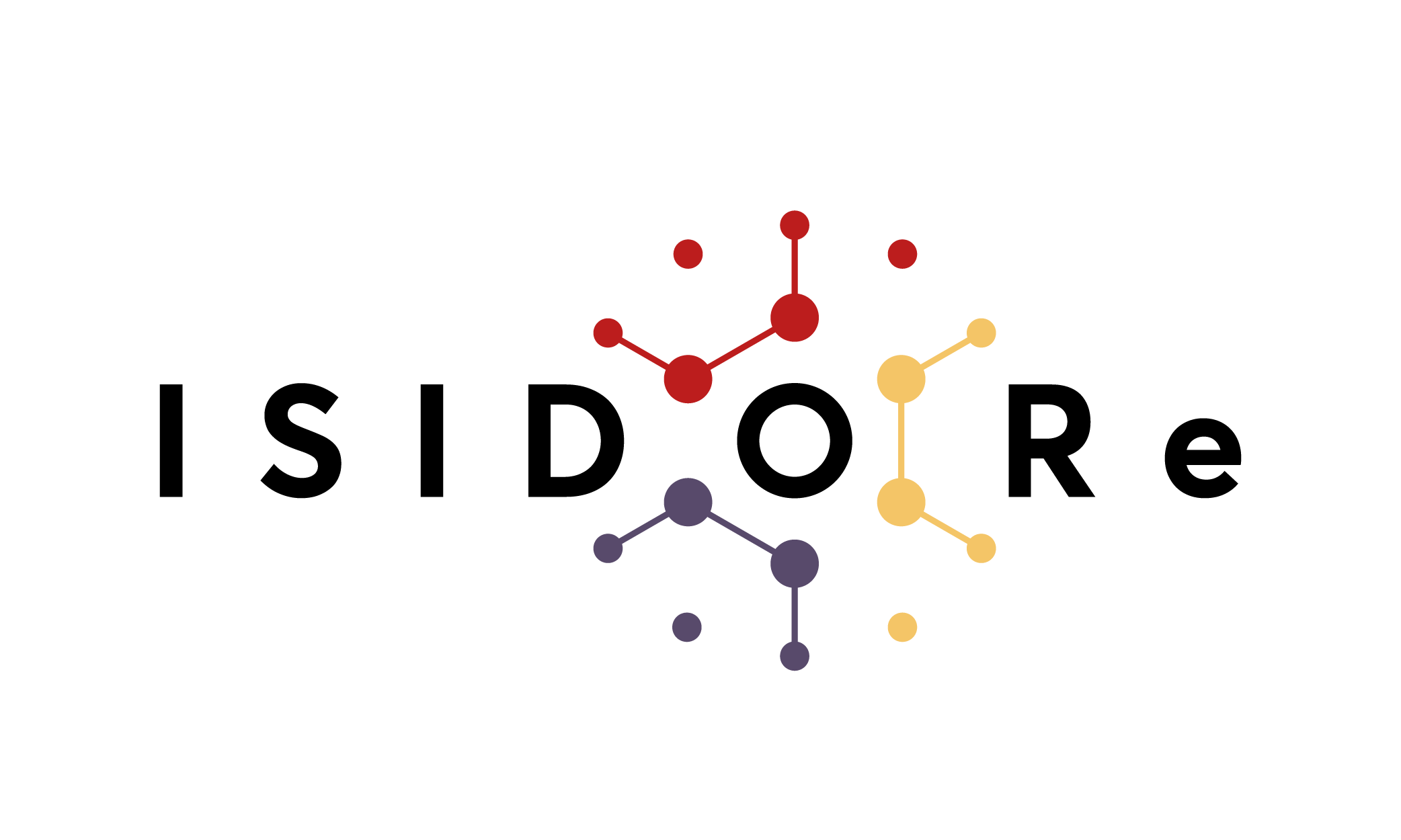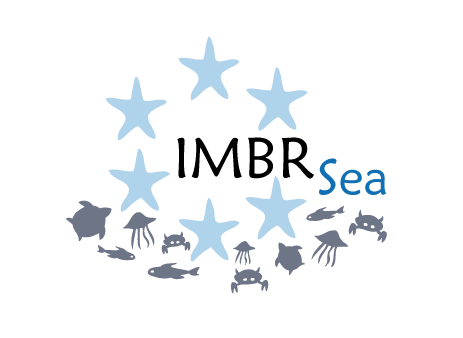The ALG-AD project (Creating value from waste nutrients by integrating algal and anaerobic digestion technology) addresses reuse of waste to generate products for a sustainable economy, reducing pollution risk and dependence on imported material resources. NWE, a densely populated intensive agricultural area, contributes disproportionately to food and farm waste produced in the EU each year. To reduce food and farm waste, anaerobic digestion (AD) is used (2000 AD facilities in NWE). AD converts waste to biogas energy and a liquid nutrient-rich digestate (NRD). Each AD plant produces 4,000-70,000t/y of NRD (2-6 kg nitrogen/t NRD). Most NRD is returned to land as a biofertilizer. However, strict limits are imposed with Nitrate Vulnerable Zones (NVZs - European Nitrate Directive 91/676/EEC), restricting return of NRD to land to prevent eutrophication pollution. Much of NWE land falls within NVZs (58% in UK; 100% in Brittany & Flanders), creating an excess NRD. Dealing with excess NRD is an acute worsening issue and solutions are needed.
ALG-AD provides a solution combining algal and AD technology to reduce and reuse NRD, converting nutrients to create algal biomass for sustainable animal feeds. Technology will be collaboratively implemented and tested in 3 distinct ‘real-life conditions’ in Devon (UK), Brittany (FR) and Flanders (BE). Sites reflect the heterogeneity of NWE from ‘predominantly rural remote’ to ‘predominantly urban’ (OECD 2011) and use different types of biodegradable waste in different regulatory landscapes. Demonstration to stakeholders and Decision Support Tools will enable take-up.
ALG-AD provides a solution combining algal and AD technology to reduce and reuse NRD, converting nutrients to create algal biomass for sustainable animal feeds. Technology will be collaboratively implemented and tested in 3 distinct ‘real-life conditions’ in Devon (UK), Brittany (FR) and Flanders (BE). Sites reflect the heterogeneity of NWE from ‘predominantly rural remote’ to ‘predominantly urban’ (OECD 2011) and use different types of biodegradable waste in different regulatory landscapes. Demonstration to stakeholders and Decision Support Tools will enable take-up.
Project dates: 20 September 2017 to 31 March 2021
EMBRC-BE role: UGent is a partner
Contact:
Funding: (Interreg North-West Europe)












